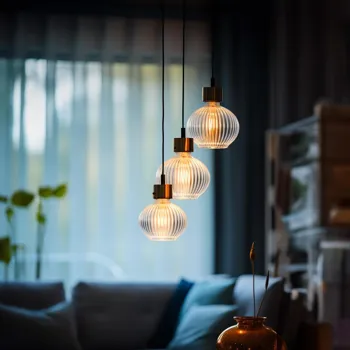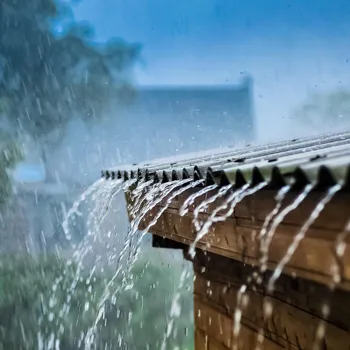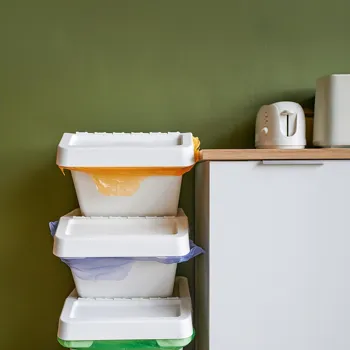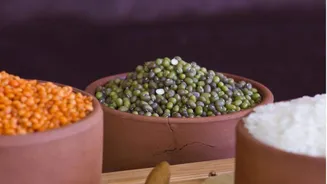Discover 6 eco-friendly practices every Indian home should adopt now! Start making a difference for a greener future!
Namaste, readers! Are you feeling the heat? Not just from the scorching sun, but also
from the news about climate change? It's time we, as responsible citizens of Bharat, take action and make our homes more eco-friendly. "But where to start?" you might ask. Don’t worry, we've got you covered!

Here are six simple, yet powerful, practices that every Indian household can easily adopt to reduce their environmental footprint and contribute towards a greener, more sustainable future for our children and grandchildren.
These aren't just trendy tips; they're practical steps towards a healthier planet and a more comfortable life for all of us. So, let's dive in and discover how we can make a difference, one small change at a time! Get ready to embrace a lifestyle that's good for you, your family, and Mother Earth.
First up
Embrace the Power of LED Lighting! How many of us still have those old-fashioned bulbs burning away, sucking up energy and adding to our electricity bills? It's time to switch to LED lighting!

LEDs (Light Emitting Diodes) use significantly less energy compared to traditional incandescent or even CFL bulbs. They last much longer too, meaning you won't have to replace them as often. Think of the savings on your electricity bill and the reduced waste!
Replacing just a few bulbs can make a noticeable difference. What's more, LEDs emit very little heat. While those other bulbs just keep on going through your pockets as you have to turn on air conditioners. So, ditch the old bulbs and bring in the light of eco-friendliness.
Your wallet and the planet will thank you for it. "LED lagao, bijli bachao" should be our new mantra!
Conquer water wastage in India by being mindful & using water-saving devices
Next, Let's Conquer the Water Wastage Problem! Water is precious, especially in a country like India where many regions face water scarcity. How often do we leave the tap running while brushing our teeth or washing dishes? It’s an unconscious habit, but it wastes gallons of water every day.

A simple solution? Turn off the tap! Be mindful of your water usage in the bathroom and kitchen. Consider installing water-saving aerators on your taps and showerheads. These devices reduce the amount of water flowing out without compromising water pressure.
Rainwater harvesting is another excellent option, especially during the monsoon season. Collect rainwater and use it for gardening, washing your car, or even flushing toilets. Every drop counts, so let's make every drop count towards a sustainable and water secure future for Bharat.
Third
Master the Art of Waste Segregation Properly! We all generate waste, but how we handle it makes all the difference. Segregating waste at the source – that is, separating it into different categories like biodegradable, recyclable, and non-recyclable – is crucial for effective waste management.

When we mix all our waste together, it becomes difficult and expensive to recycle. Biodegradable waste, like vegetable peels and food scraps, can be composted and turned into valuable fertilizer for your garden. Recyclable materials, like paper, plastic, and glass, can be processed and reused.
Non-recyclable waste should be disposed of responsibly. By segregating our waste, we reduce the amount of garbage that ends up in landfills, conserve resources, and contribute to a cleaner and healthier environment. It might seem like a small effort, but when everyone does it, the impact is huge!
Fourth
Embrace Composting and Nourish Your Garden! Speaking of biodegradable waste, composting is a fantastic way to turn kitchen scraps into nutrient-rich fertilizer for your plants. Instead of throwing away vegetable peels, fruit rinds, coffee grounds, and tea bags, collect them in a compost bin.
Add some dry leaves or shredded paper to balance the moisture content. Over time, these materials will decompose into a dark, crumbly substance called compost, which is a natural and powerful fertilizer. Use it to enrich your garden soil and watch your plants thrive!
Composting not only reduces waste but also eliminates the need for chemical fertilizers, which can harm the environment. Plus, it's a fun and rewarding activity for the whole family!
Fifth
Say No to Single-Use Plastics Wherever Possible! Plastic pollution is a major environmental challenge facing India and the world.
Single-use plastics, like plastic bags, straws, and disposable cutlery, are particularly problematic because they are used once and then discarded, ending up in landfills or polluting our oceans and waterways.
The good news is that we can easily reduce our reliance on single-use plastics by making conscious choices. Carry your own reusable shopping bags, water bottles, and coffee mugs. Say no to plastic straws and cutlery when ordering food. Choose products with minimal plastic packaging.
Support businesses that are committed to reducing their plastic footprint. Every small step counts in the fight against plastic pollution!
Sixth and Final
Harness the Power of Solar Energy for the Future! India is blessed with abundant sunshine, making solar energy a viable and sustainable alternative to fossil fuels. Consider installing solar panels on your rooftop to generate electricity for your home.
While the initial investment may seem high, solar panels can significantly reduce your electricity bills and pay for themselves over time. Plus, you'll be contributing to a cleaner and greener energy grid.
If you can't afford solar panels, there are still plenty of ways to utilize solar energy in your daily life. Use solar-powered lights for your garden, solar cookers for preparing meals, or solar water heaters for hot water.
Embrace the power of the sun and shine the way towards a sustainable future!




















